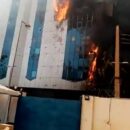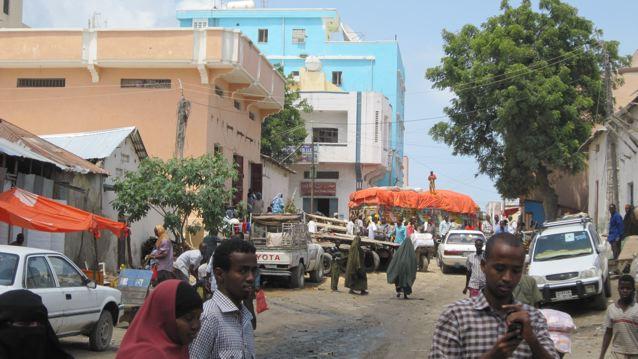Observations on the CPA, Darfur and AMIS’s Role in the War
Peter Schumann is a former UNDP staff member with extensive experience in UN Peacekeeping operations, most recently as the Regional Coordinator and Representative of UNMIS in Southern Sudan
One of the last activities I was involved with was facilitating to strengthen the political relationship between the SPLM and the ‘Darfur Rebels’–we had two very important meetings in Juba, pre and post Abuja. Surprisingly (?) the UN””AU Mediation was not amused about the growing linkage between these two political groupings, it seemed that they saw this initiative more as a threat to their approach to form a common platform in Darfur, ignoring to a large extent the role of the SPLM. In my view, these events between July and September/October 2007 need to be investigated in more detail.
Second observation–the debate about the performance of AMIS in Darfur must take place but based on empirical facts. It should for example centre on the question of PKO standards and operational goals, applied to AU and UN forces. Based my own observations in Darfur during 2005 and 2006 it became increasingly obvious that AMIS was set-up to fail–a UN PKO would not be authorized to deploy in a hostile environment under the operational and political conditions which were to a large extent imposed on the AU.
Third observation–it would be politically wrong to separate the CPA from the rest of Sudan, in particular Darfur. The non-compliance to withdraw SAF troops from Southern Sudan, in particular Sector III, coincided with key events affecting Darfur. The International Community through the UN SC was pressuring the NCP to agree to a Hybrid Operation in Darfur. The UN SC visited Khartoum in June 2007 for this very purpose, without putting pressure on Khartoum to comply with the CPA, the UN SC did not even mention the CPA at the time. The message the UNSC was sending was obvious–the focus is Darfur, not Southern Sudan, i.e. the Council fell into the Khartoum logic of separating Darfur from the CPA, a position the Council had already taken in 2004! The frustration in Juba was immense and the general feeling was that Southern Sudan and the CPA ‘was up for grabs’! Neither UNMIS nor the AU””UN Mediation undertook any action to counter this impression.
The next couple of months will in all likelihood see a deterioration of the security situation in Southern Sudan and in Darfur. The CPA will continue be dishonoured in particular and all provisions related to the key Naivasha principles, in particular the right for self determination, with an escalation of military conflict focusing on the oil fields in Sector III. The deployment of UNAMID will focus on the military-security dimension and will result in the well know tussles with Khartoum over import of equipment and granting of visas and travel permits. All this will keep the UN and AU bureaucracies very preoccupied–do not underestimate the challenges to build a large scale integrated Mission under hostile conditions! Khartoum has mastered the art to divide and rule the UN bureaucracy, with the AU on board it will be even easier to divert attention from a political programme in support of forces in Sudan who want change, lasting and honest change to a system of governance which does not thrive on marginalization and instability but which guarantees the survival and well being of all Sudanese.







Peter Schumann has made three very important points. A basic principle of mediation is that the conflict ‘belongs’ to the parties and the solution must therefore be ‘owned’ by them too. In the days after the close of the Abuja talks, when I remained behind in Abuja trying to bridge the (then very small) gap between Abdel Wahid al Nur and the GoS, I felt that the text of the DPA was more obviously ‘owned’ by the AU, UN and internationals than it was by the parties. The government and the two SLM factions were all ready to make amendments–it was the internationals who weren’t. I wrote in my diary, ‘whose war is this anyway? and whose peace?’ Today I feel very strongly that the AU-UN mediation should be supporting the SPLM initiative. We risk approaching the point at which a peace process is pursued, not because it has the confidence of the national stakeholders, but because the credibility of the international mediators is at stake.
I thoroughly concur that an objective assessment of AMIS will soon conclude that it was ‘mission impossible’ at the outset–the N’djamena ceasefire and mandate made success impossible. That having been said, I also think that AMIS did a remarkably good job in its early months, and that the focus should have been on fixing the shortcomings of the mission rather than the ill-starred push to hand over to the UN.
And lastly, I cannot agree more that the focus must now be on the CPA and a single solution for the whole of Sudan. The opportunity for a separate Darfur agreement was missed last year and I believe it is unlikely that it will recur soon.